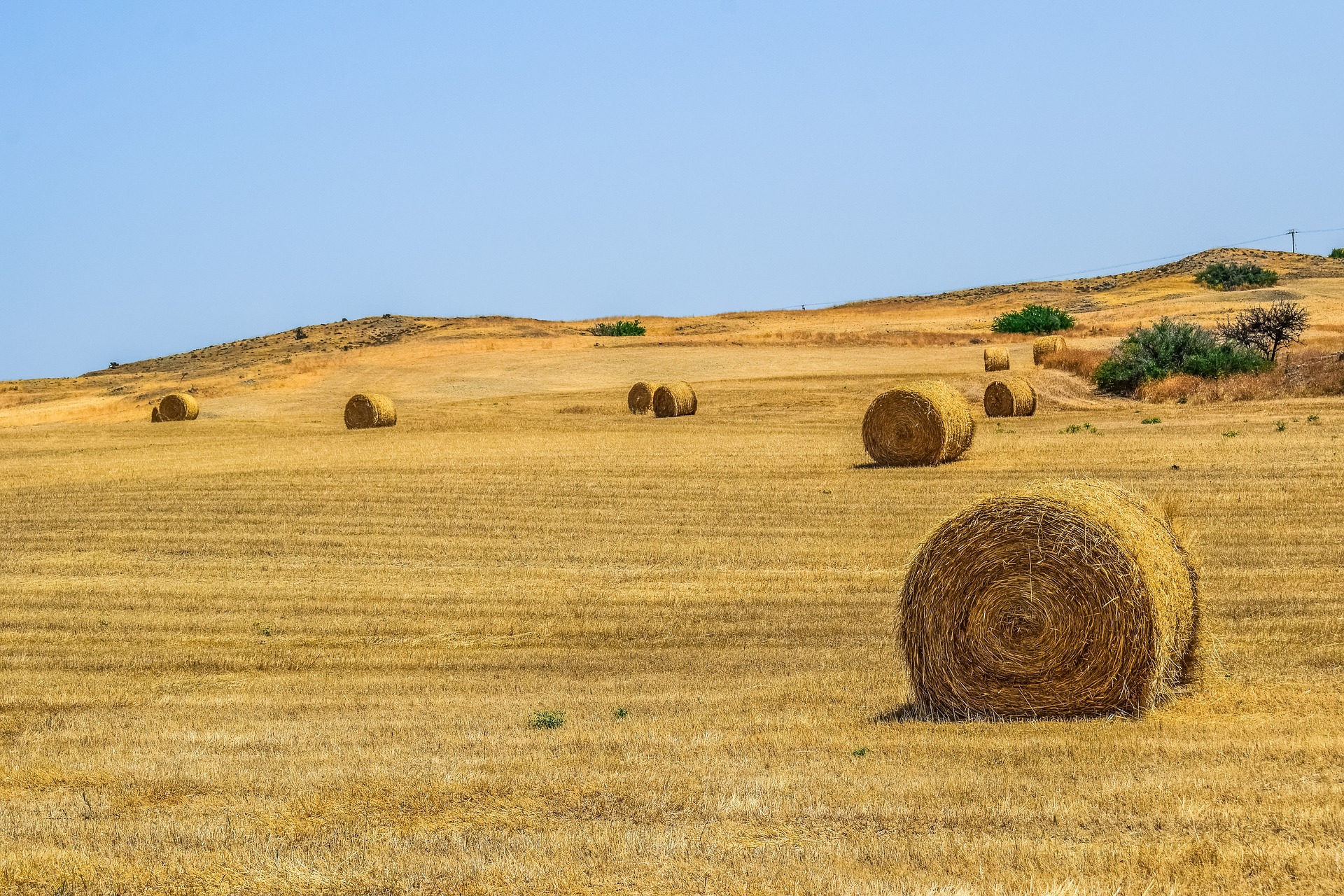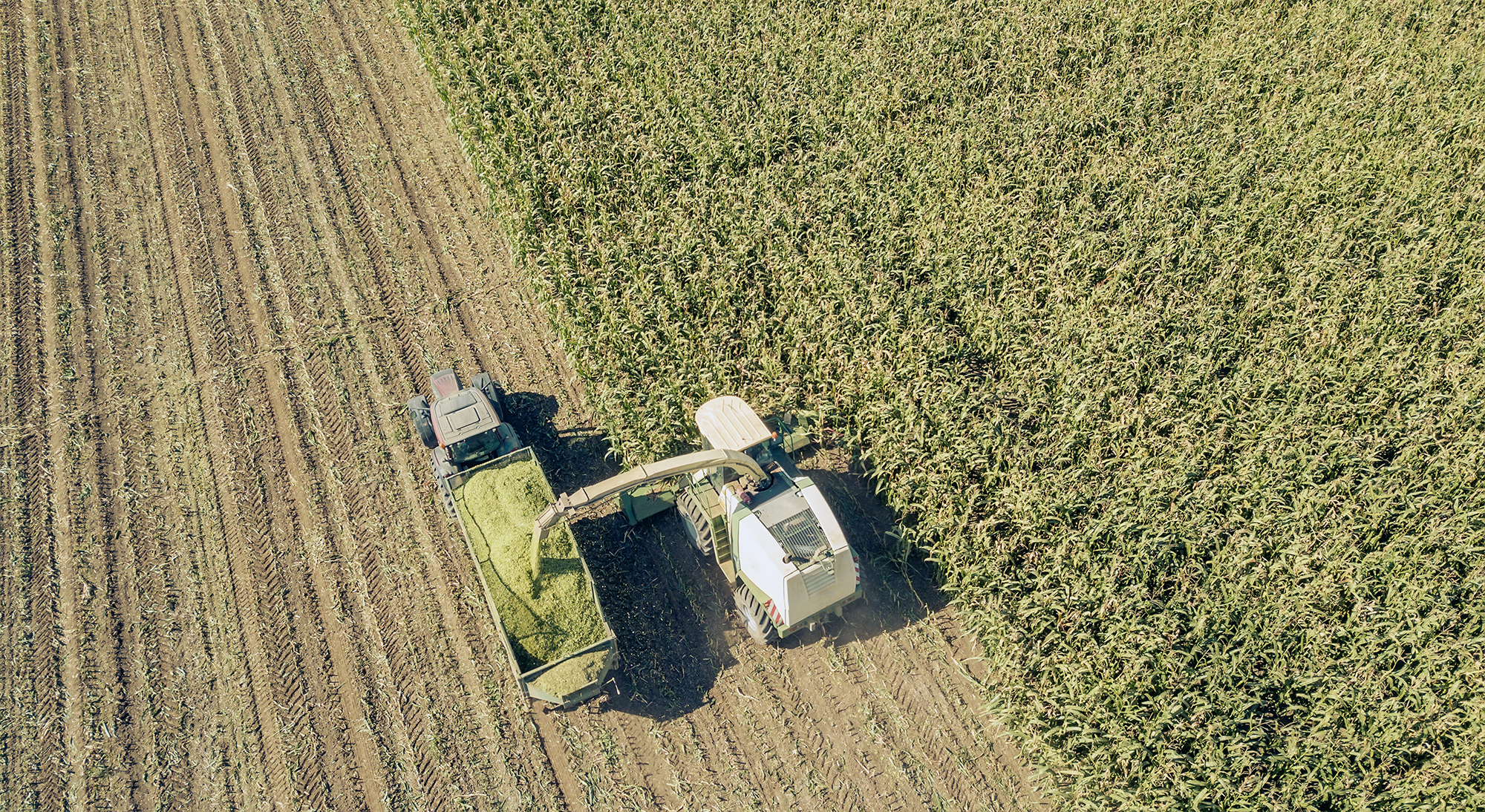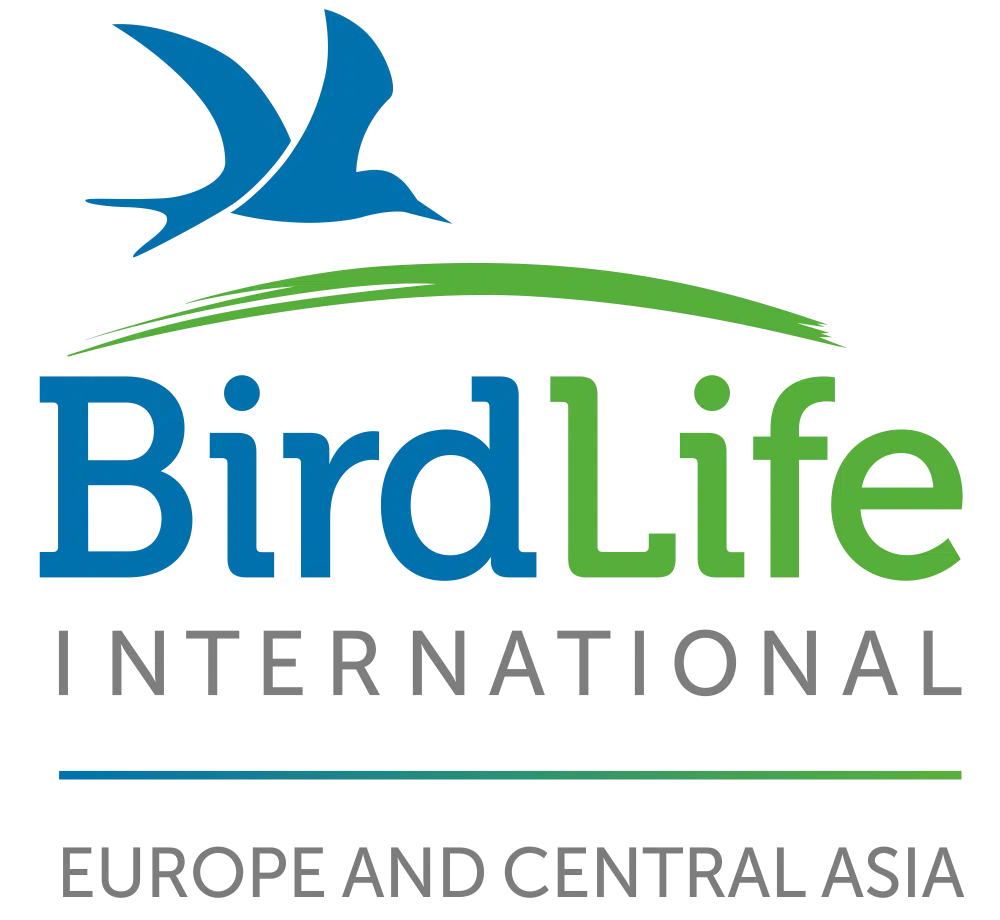New report: Will CAP eco-schemes be worth their name?

A reformed Common Agricultural Policy (CAP) will enter into force in 2023. This assessment analyses whether they will deliver on their climate objectives.
A reformed Common Agricultural Policy (CAP) will enter into force in 2023. The two most important changes in this new CAP are the shift to implementation through national CAP Strategic Plans (CSPs), which are being prepared by EU countries and due for submission to the Commission by 1 January 2022, and the addition of a new form of direct payments for environmental-friendly farming: the eco-schemes. In light of the European Green Deal, many expectations for a greener CAP have been pinned on eco-schemes.
Eco-schemes are one of the very few novel instruments available in the toolbox of the future Common Agricultural Policy. These schemes for the climate, the environment and animal welfare will be fully funded by the EU and take the form of yearly payments to farmers who voluntarily enrol. Rather than using CAP direct payments to farmers as just income support, the aim of eco-schemes is to reward those farmers who manage land in a nature- and climate-friendly way, and to incentivise the adoption of specific farming practices with higher environmental and animal welfare benefits.
Yet, to date, very little is known on how EU countries will use this new policy instrument in their CSPs. This report is the first attempt to catalogue and assess eco-schemes from across the EU (covering 21 Member States), and therefore offers ground-breaking insights into how approximately €48.5 bn of EU funding will be spent over 5 years in the post-2022 CAP. However, the information shared and analysed in this report is based on draft CSPs, which are highly likely to still change before their formal submission to the Commission. In addition, the details on draft eco-schemes were provided by environmental NGOs and coalitions operating at the national level, who in many cases only received limited information from their Governments. Nonetheless, we were generally able to judge the quality of draft eco-schemes and their potential alignment with the objectives of the EU Green Deal. As they currently stand, Member States’ proposed eco-schemes will fall very short of expectations.
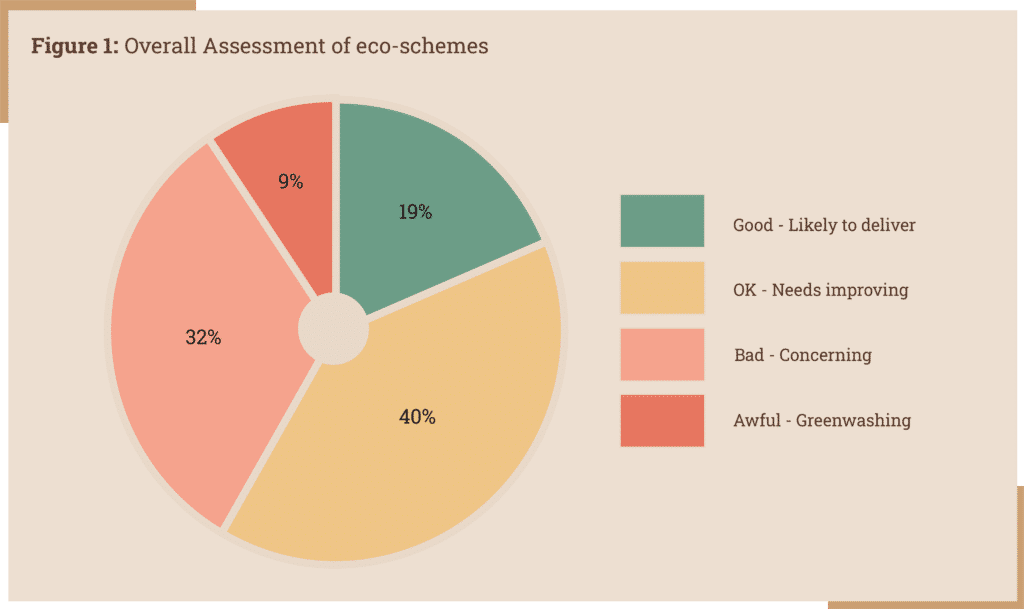
Only 19% of eco-schemes are deemed likely to deliver on their stated environmental objectives, 40% would need significant improvements to be effective, and 41% are completely misaligned. What’s more, according to our assessment, many well designed schemes that are likely to deliver are either underfunded or likely to be outcompeted by less demanding and/or more financially attractive schemes.
Read the full report here.
You might also be interested in:
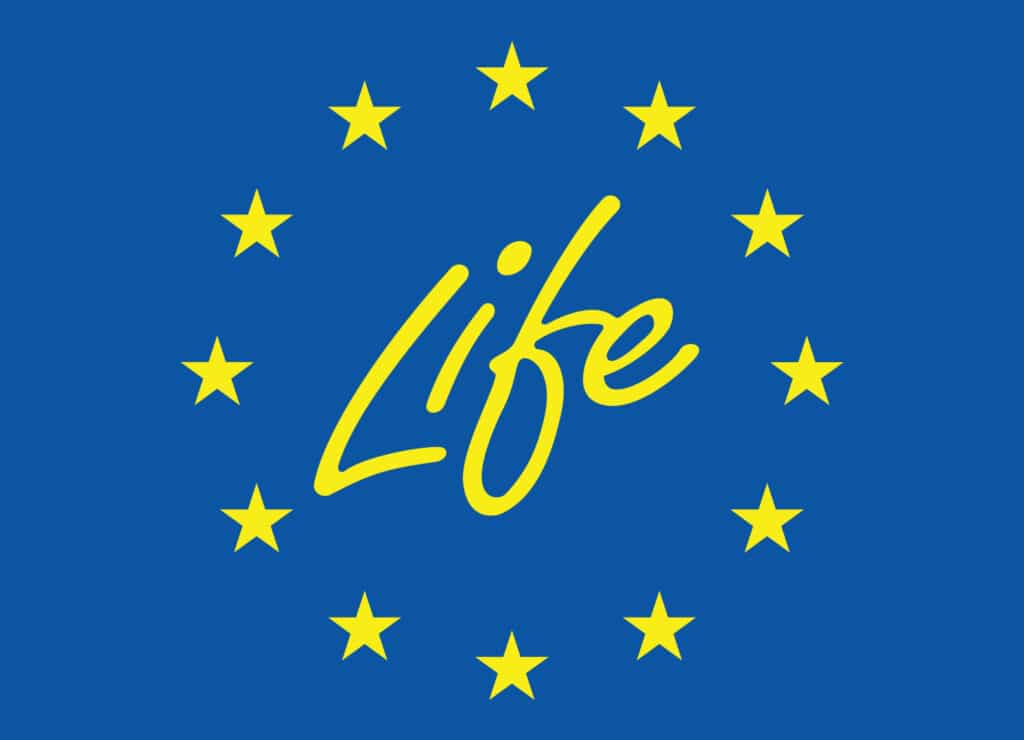 | Stichting BirdLife Europe gratefully acknowledges financial support from the European Commission. All content and opinions expressed on these pages are solely those of Stichting BirdLife Europe. The European Commission is not responsible for any use that may be made of the information it contains. |
